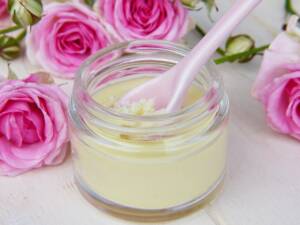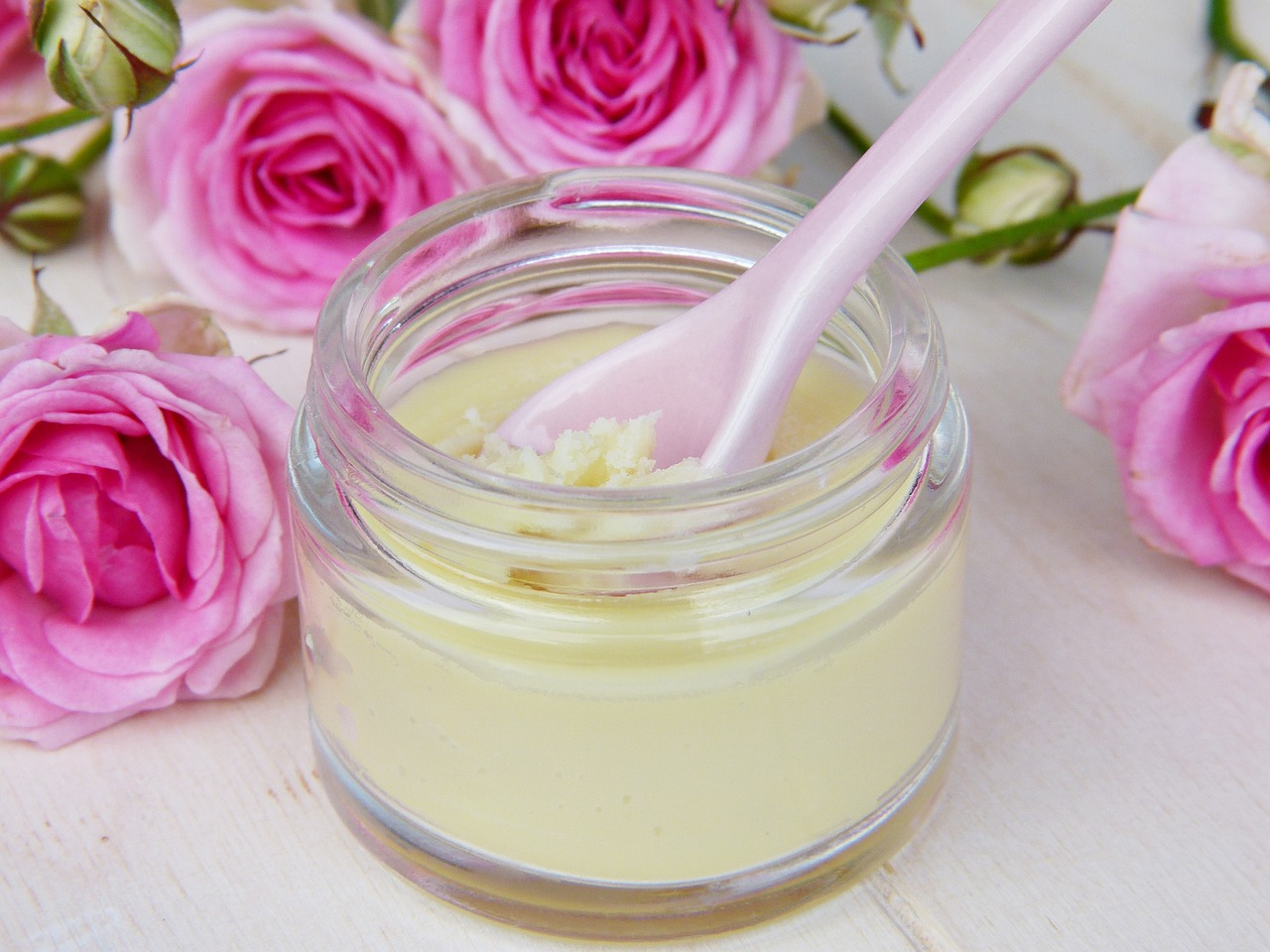All about Ghee:
Ghee, a type of clarified butter has been a staple in Indian cooking and ayurvedic medicine for centuries. It is renowned for its rich flavor and potential health benefits, including its role in aiding weight loss. However, like many dietary topics, there are both facts and myths associated with using ghee for weight management. In this comprehensive article, we will explore the facts and the myths surrounding the ghee’s impact on weight loss. To know more about “How ghee is beneficial for reduce inflammation”, then read this article, https://sparklinglifestyle.in/dealing-with-chronic-inflammation/
Introduction.
It is a type of clarified butter that is prepared by simmering butter and removing the milk solids and water content. What remains is a golden aromatic and highly stable fat with distinct nutty flavor. It is a part of Indian cuisine for generations and its use in cooking, medicinal purposes, and even religious rituals.

Some Facts on ghee and weight loss.
Healthy fats: It is primarily composed of healthy fats, including saturated fats, monounsaturated fats, and polyunsaturated fats. These Fats are essential for various bodily functions and can help you full satiated, reducing the urge to overeat.
Medium-chain triglycerides (MCTs); It contains a small amount of MCTs, which are easily digestible fats that can rapidly convert into energy. MCTs may boost metabolism and when consumed in moderation, could support weight loss efforts.
Vitamins and minerals; It is a good source of fat-soluble vitamins, such as, vitamin A, D, E, K. These vitamins play crucial roles in maintaining overall health, including the proper functioning of the immune system and bone health.
Butyric acid: It contains butyric acid, a type of short-chain fatty acid. Uses of Butyric acid is to improve gut health by supporting the growth of beneficial gut bacteria. A healthy gut microbiome can aid in digestion and weight management.
High smoke point: It has a high smoke point (around 485 F or 252 C), which makes it suitable for high-heat cooking methods like sauteing and frying. This stability means you can cook with ghee without it breaking down and forming harmful compounds.
Common myths on ghee.
Causes weight gain; One of the most prevalent myths is that consuming ghee leads to weight gain. This misconception likely stems from the belief that all fats are inherently fattening. However, its excessive calorie consumption, not the mere presence of healthy fats that leads to weight gain.
Promotes heart disease; While Ghee is a source of saturated fats, recent research has challenged the long-held belief that all saturated fats are detrimental to heart health. Moderation is key and ghee can be part of heart, healthy diet when consumed sensibly.
It is high in cholesterol; It does contain cholesterol, but directly cholesterol has a more limited impact on blood cholesterol levels than previously thought. It is essential to consider overall dietary patterns and genetics van assessing cholesterol risk.
Unlimited consumption is safe; It should consume in moderation. overindulging in ghee, or any fat for that matter, can contribute to excessive calorie intake and hinder weight loss efforts.
Spot reduction: Ghee or any specific food cannot target fat loss in specific areas of body. weight loss occurs throughout the body as a result of calorie deficit, which is achieved through a balanced diet and physical activity.
It is a miracle fat burner; The alone is not a miracle solution for weight loss. Sustainable weight loss depends on various factors, including calorie intake, physical activity, and overall dietary choices.
How to incorporate ghee in our daily routine:
Incorporating ghee into your weight loss journey. If you want to use ghee as a part of your weight loss efforts, consider the following tips.
Moderation; Use it in moderation. It is calorie-dense, so be mindful of person sizes, especially if you are tracking your calorie intake.
Balanced diet; Incorporate it into a balanced diet rich in fruits, vegetables, lean proteins, and whole grains. Avoid relying solely on ghee for weight loss.
Replace unhealthy fats; Use it as a replacement for less healthy fats, such as butter or heavily processed cooking oils. Its stability at high temperatures makes it suitable for cooking.
Cooking methods; Employee it for sauteing, roasting or frying. Its high, smooth point prevents the formation of harmful compounds during cooking.
Monitor total calorie intake; Keep an eye on your overall daily calorie intake and ensure that your consumption of ghee fits within your calorie goals.
Consult a dietitian; If you have specific dietary concerns or health conditions, consult a registered dietitian or nutritionist for personalized guidance on incorporating ghee into your weight loss plan.
Conclusion.
Ghee can be a part of balanced diet and may offer some benefits when it comes to weight loss. Thanks to its healthy fats, vitamins and potential impact on metabolism and gut health. However, it is essential to separate the facts from the myths surrounding ghee and understand that no single food can guarantee weight loss on its own. Sustainable weight loss is achieved through a combination of factors, including a calorie-controlled diet, regular physical activity and overall healthy lifestyle choices. To know more about healthy fats and unhealthy fats, read my latest book, the magical ways for sparkling lifestyle, available on Amazon and Flipkart.



Leave a Comment